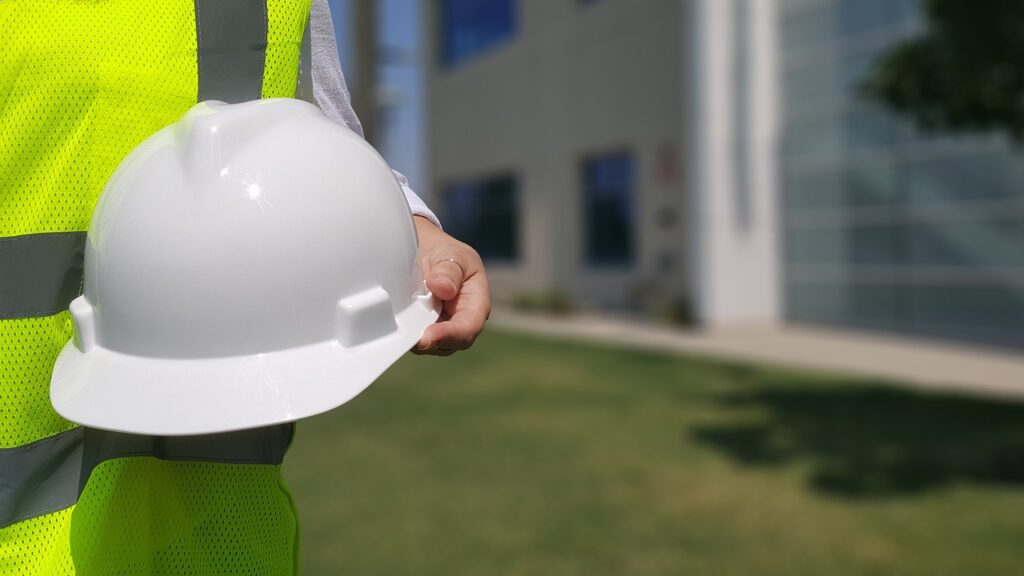Common Types of Accidents That Cause Brain-Head Injuries
The most common types of accidents which lead to brain-head injuries include:
- slip, trip and fall down accidents (i.e., stairway accident or sidewalk accident),
- car accidents (i.e., head-on crash), and
- workplace accidents (i.e., roof fall accident).
Damage Claims in Brain-Head Injury Lawsuits
As a general rule, individuals who are injured due to the negligence of another person or due to the negligent conduct of a business may be able to take the at-fault party to court. Ultimately, the wrongdoer may be ordered to pay financial compensation for all reasonable losses and damages which flow from the negligent conduct, including medical bills and lost wages.
Related: Lawsuit Claims in Brain/Head Injury Cases in Pennsylvania & New Jersey (Lost Wages)
In addition, the injured individual (plaintiff) usually has the right to make a claim for pain and suffering. There are some exceptions under Pennsylvania and New Jersey law. In auto accident cases in PA or NJ, the plaintiff’s ability to make a claim for pain and suffering may be limited and depends on tort elections made in applicable car insurance policies. However, plaintiffs in other cases like fall down accident cases or work accident cases, will usually be able to make pain and suffering claims without any such limitation.
Pain and Suffering in Serious Brain-Head Injury Cases
Under PA and NJ tort law, plaintiffs in brain-head injury cases have the right to receive financial compensation for pain and suffering, not only the physical symptoms, but also the mental and emotional ones, such as mental anguish, depression, anxiety, etc.
There is no formula which determines the amount of a pain and suffering award. However, a pain and suffering compensation award depends largely on the nature and extent of the damages caused by the accident and injuries. In addition, pain and suffering claims vary widely, precisely because pain and suffering is unique to the individual.
For instance, in one serious brain-head injury case with permanent symptoms, the plaintiff’s life will be literally turned upside down. The plaintiff who was previously easygoing, friendly and popular, may lose a job and suddenly becomes fearful, isolated and depressed, all due to the head injury. Loss of a job often leads to significant stress and absolutely affects recovery from a head injury. The pain and suffering in this case is quite significant.
Compare, however, a less serious brain-head injury case, where the plaintiff makes a full recovery after 3 months. The plaintiff suffers no long-lasting issues and resumes all normal activities. These two scenarios are markedly different and highlight how pain and suffering varies from case to case.
Loss of Consortium in Brain-Head Injury Cases
In some situations, the plaintiff’s spouse may have a derivative or piggy back claim. Loss of Consortium claims are recognized in both PA and NJ and allow the spouse to receive financial compensation for any negative changes in the marital unit which result from the brain-head injury. These claims must be supported by evidence.
Have a Brain or Head Injury? Get Legal Help
Our brain and head injury lawyers represent accident victims throughout Pennsylvania and New Jersey, and have multiple offices throughout PA, NJ, NY and DE. Call our office for a free consultation. Call (215) 399-9255.
DISCLAIMER: This website does not create any attorney-client relationship or provide legal advice. It is crucial to speak to a qualified lawyer prior to making any decision about your case. Read full disclaimer at the bottom of this page.

